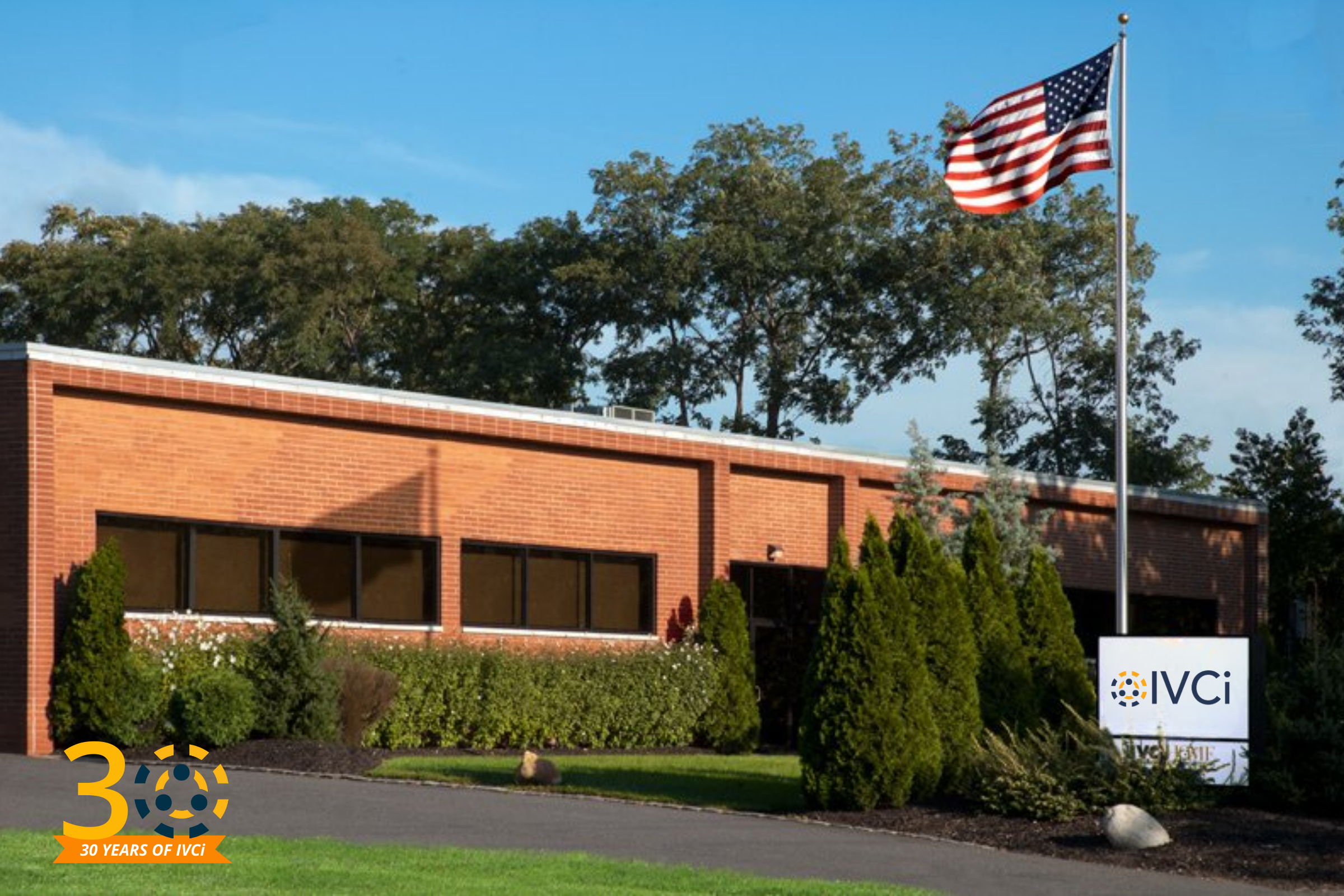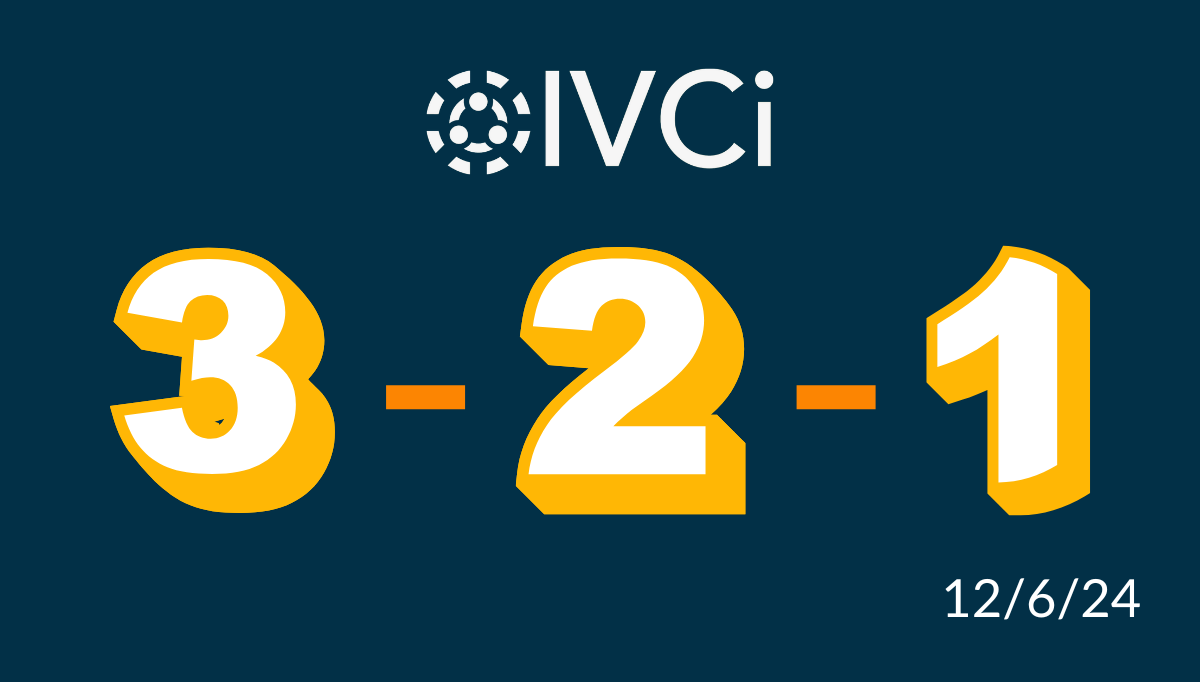Virtual events have taken the place of conferences, concerts, and large gatherings of all sizes. While moving events to a virtual format is important for health and safety in the wake of the COVID-19 pandemic, it takes a different planning approach than an in-person event.
Here are some virtual event planning considerations to keep in mind for your next event.
1. Understand your audience
Understanding your audience will help you frame out all of your event details. Take some time to think about your target audience and define their age, occupation, and other demographic information. From there, you can ask key questions like:
- How proficient is this group with technology?
- How familiar is this group with social media?
- What type of events will this group respond best to?
Answering these questions will prevent you from setting up a virtual event that’s inaccessible or uninteresting to your audience.
2. Choose your hosting platform
Depending on your audience and your event goals, different hosting platforms will be better suited for your event. There are a lot of resources that can help you compare event hosting platforms. Some platforms allow for only one person to speak at a time, while others allow for smaller breakout sessions to form. One is not necessarily better than the other, it just depends on your needs.
Once you’ve chosen your platform, you can define your format to be either a speaker series, a tradeshow, a workshop, or anything that fits your mold.
3. Choosing/designing your venue
Many people make the mistake of neglecting venue design during virtual events. But just because your audience is not experiencing the venue in person doesn’t mean it’s not important. You’ll want to select a venue or design a room that has the right lighting and acoustics so your attendees can clearly see visuals and hear audio. If you’re providing a slide deck, video, or other visual, you’ll also need to make sure you have the proper set up within the room to stream it to attendees.
4. Implementing the right technology
Last, but certainly not least, you’ll need to have the right technology tools in place before your virtual event. Having state of the art audio video and conferencing systems in place will help your guests experience the same audio visual quality in your virtual event as they would in person.
Having the ability to video conference during workshops and breakout sessions allows your audience to fully engage. It also adds the element of human connection that is sometimes missing from traditional webinar-style virtual events. Unreliable technology, however, can cause frustrating issues that have the opposite effect on your event, so it’s important to select your system carefully.
Prioritizing these considerations will help you plan a successful virtual event that’s just as engaging and worthwhile as an in-person event. While most of these items can be taken care of in-house, it’s best to leave the technology implementation to the experts. IVCi has extensive knowledge in audio video technology and can help your organization implement everything you need for the ultimate virtual event.





